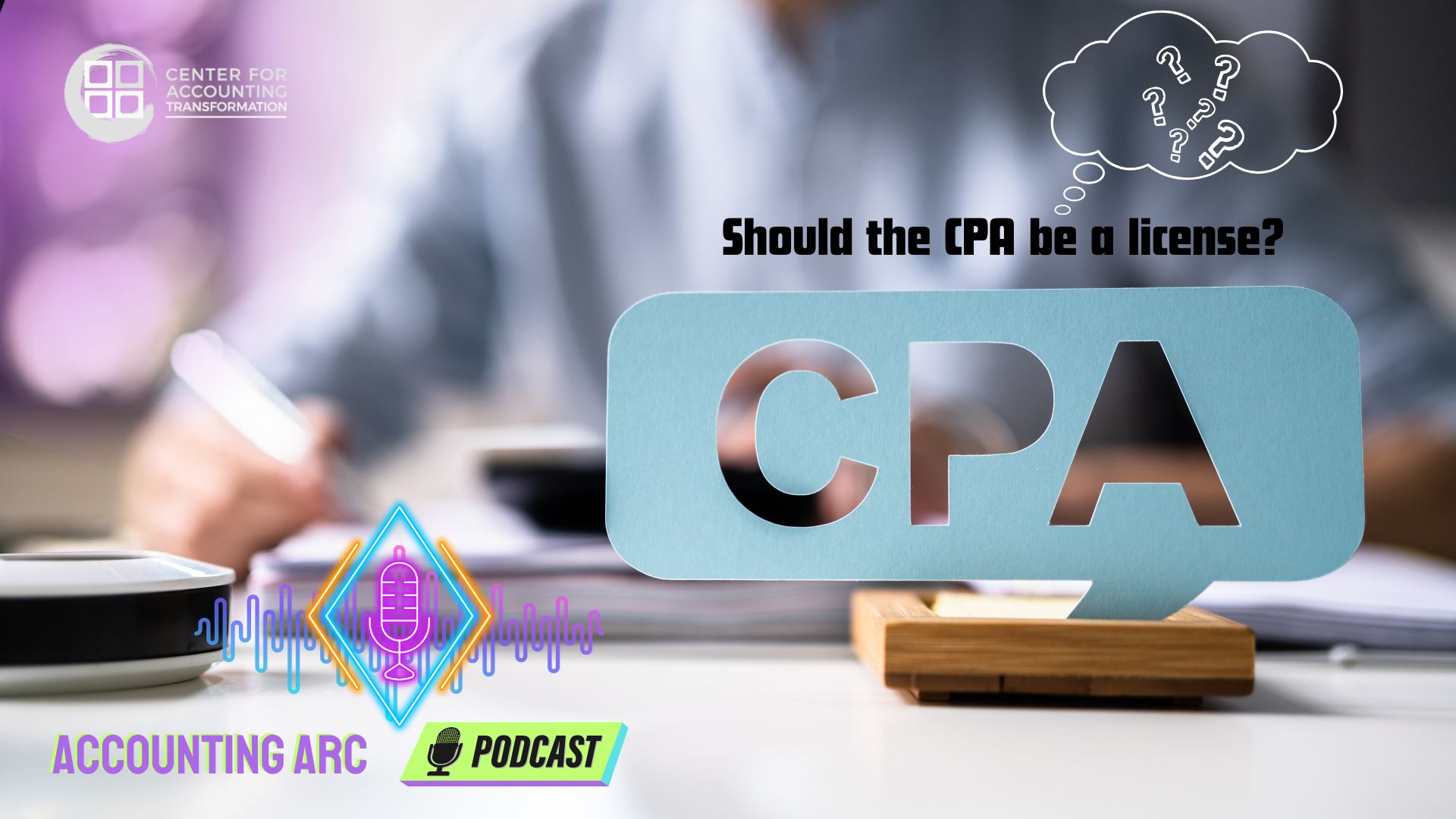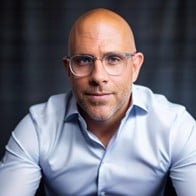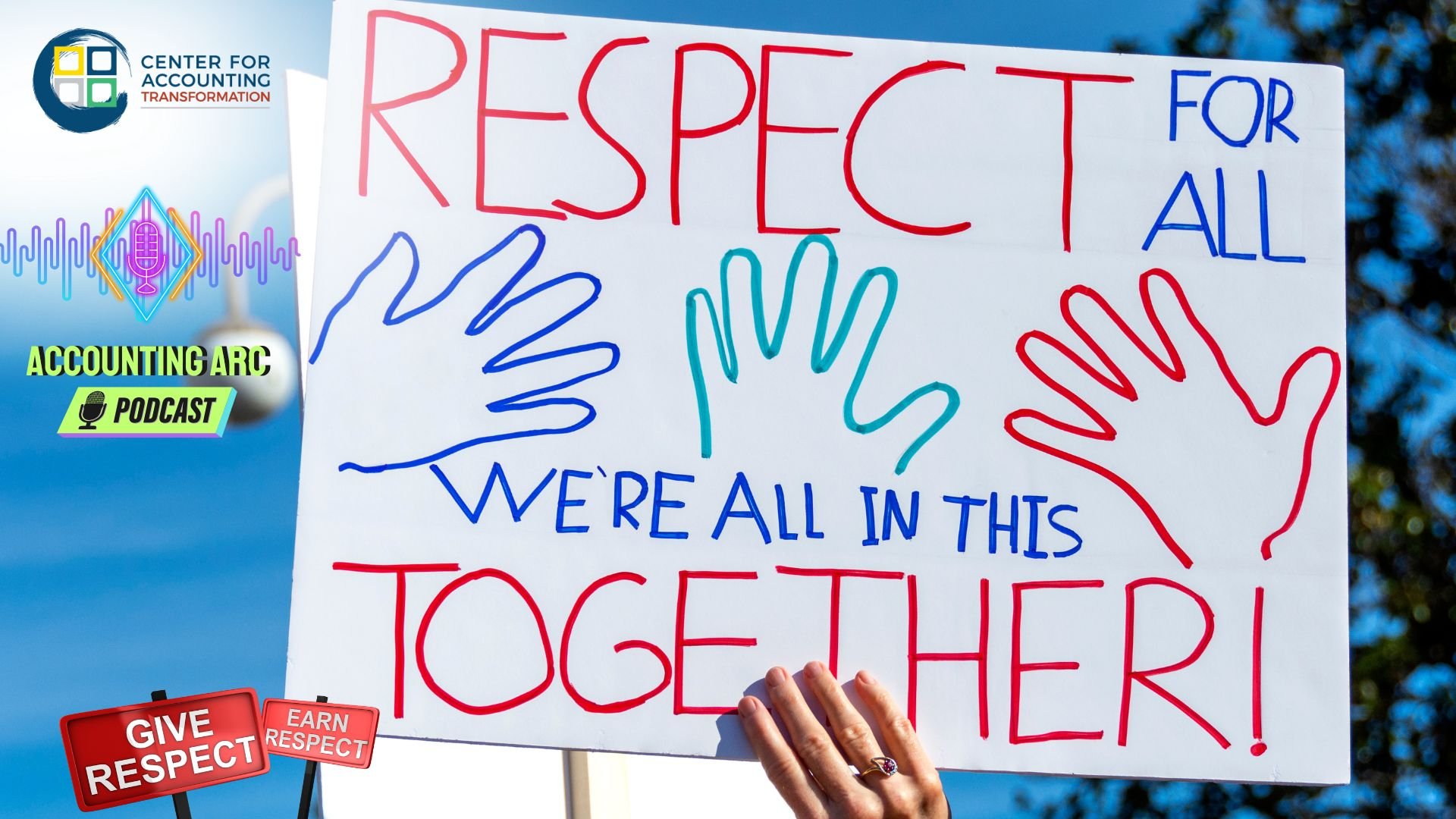0
Should the CPA be a license—or just a certification?

Thought leader Ron Baker challenges the foundation of the profession.
In a thought-provoking episode of the Accounting ARC podcast, hosts Donny Shimamoto, CPA.CITP, CGMA, and Byron Patrick, CPA.CITP, CGMA, welcomed Ron Baker—author, speaker, co-host of the Soul of Enterprise podcast, and co-founder of Threshold—to unpack one of the most contentious issues in the profession: CPA licensure.
What Defines a Profession?
Baker traces the roots of professions back to theology, law, and medicine, noting that a true profession requires three elements: expertise, autonomy, and service to the public. While accounting has long fit this mold, he argues that the rise of occupational licensure has complicated the picture.
“Licensure was designed to keep people out so prices could be kept high,” Baker says. “It’s a feature, not a bug.”
Licensure and the Pipeline Problem
The debate is not just theoretical—it affects the profession’s future. A 2015 report from President Obama’s Council of Economic Advisors criticized occupational licensing for disproportionately harming minorities, women, and low-income groups. Baker linked this directly to the CPA pipeline problem, suggesting that systemic barriers make entry harder for underrepresented groups.
Shimamoto, founder and managing director for IntrapriseTechKnowlogies and founder and inspiration architect for the Center for Accounting Transformation, agrees the pipeline is strained but points to research showing that time, not cost, is the biggest barrier to completing the CPA. “Students are juggling jobs, families, and study time,” he explains. He also notes that tying extra coursework to master’s degrees raises costs unnecessarily.
Balancing Public Protection and Access
Patrick, CEO of VERIFYiQ and co-founder and educator of TB Academy, highlights the tension between protecting the public and enabling access. “If you’re an engineer building a bridge, there’s obvious risk without regulation,” he says. “So how do we strike the right balance in accounting?”
Baker’s response: certification, not licensure. Just as doctors, actuaries, and auto mechanics rely on certification standards, accountants could, too. Tort law, reputational risk, and insurance would still protect the public, he argues.
A Bold Proposal for Reform
Baker proposes a radical change: repeal CPA licensure entirely and replace it with voluntary certification. He suggests allowing anyone to sit for the exam and eliminating rigid continuing education requirements, similar to international accounting bodies.
“Monopolies don’t innovate,” Baker warns. “That’s why audits haven’t changed in 100 years.” He argues that moving away from licensure would open the profession to more diversity, encourage innovation, and allow market forces to drive accountability.
Confusion in the Market
Patrick points out that even bankers often misunderstand financial reports, sometimes asking non-CPAs to sign statements. “If bankers don’t understand the difference between a compilation and an audit, how can we expect the public to?” he asks.
This confusion underscores the need for better public education about financial reporting—something certification models might handle more effectively.
Looking Ahead
The conversation reveals deeper questions about the profession’s identity. Should CPAs continue to cling to licensure, or embrace a certification-driven model that could expand access and spark innovation?
As Baker concludes: “The right to work is the most precious liberty. If we’re serious about transformation, maybe it’s time to rethink what the CPA really stands for.”
Suggested Additional Insights:
- Occupational Licensing: A Framework for Policymakers https://obamawhitehouse.archives.gov/sites/default/files/docs/licensing_report_final_nonembargo.pdf
- The Right to Earn a Living
https://amzn.to/454NJlR - In License to Work
https://amzn.to/3UzLAZn - Bottleneckers
https://amzn.to/3JjpSGh
Don’t miss an episode. Be sure to SUBSCRIBE below:

















